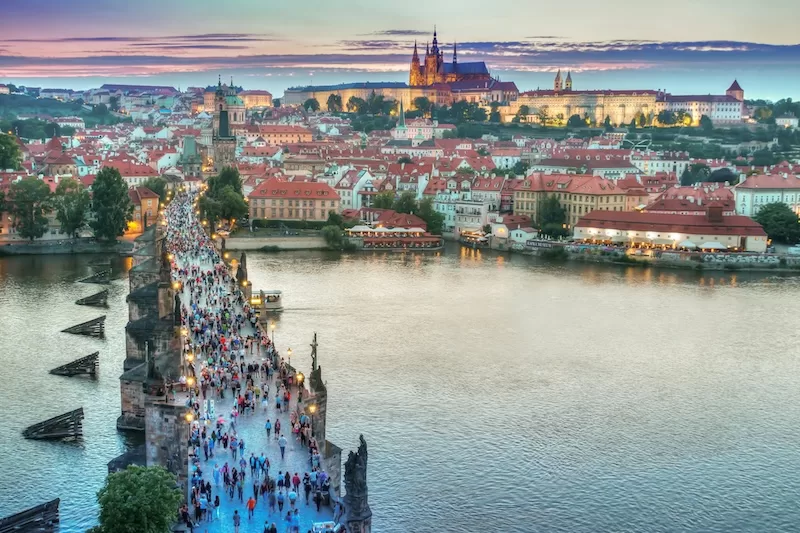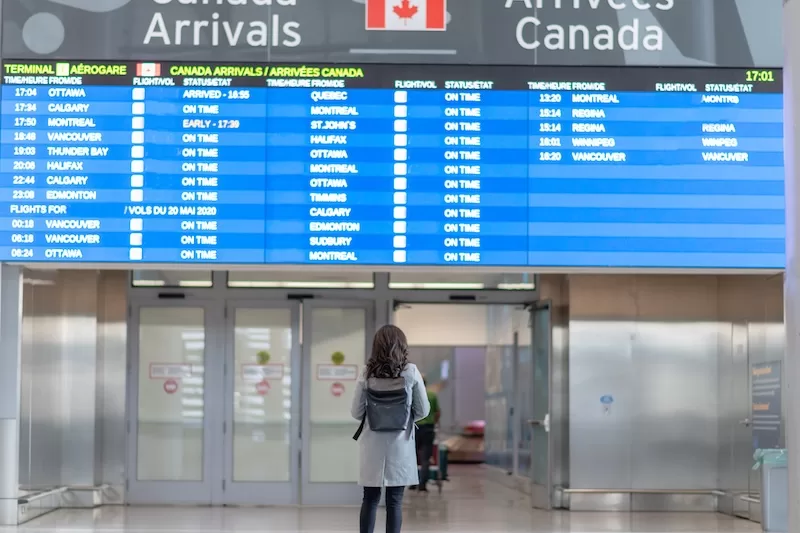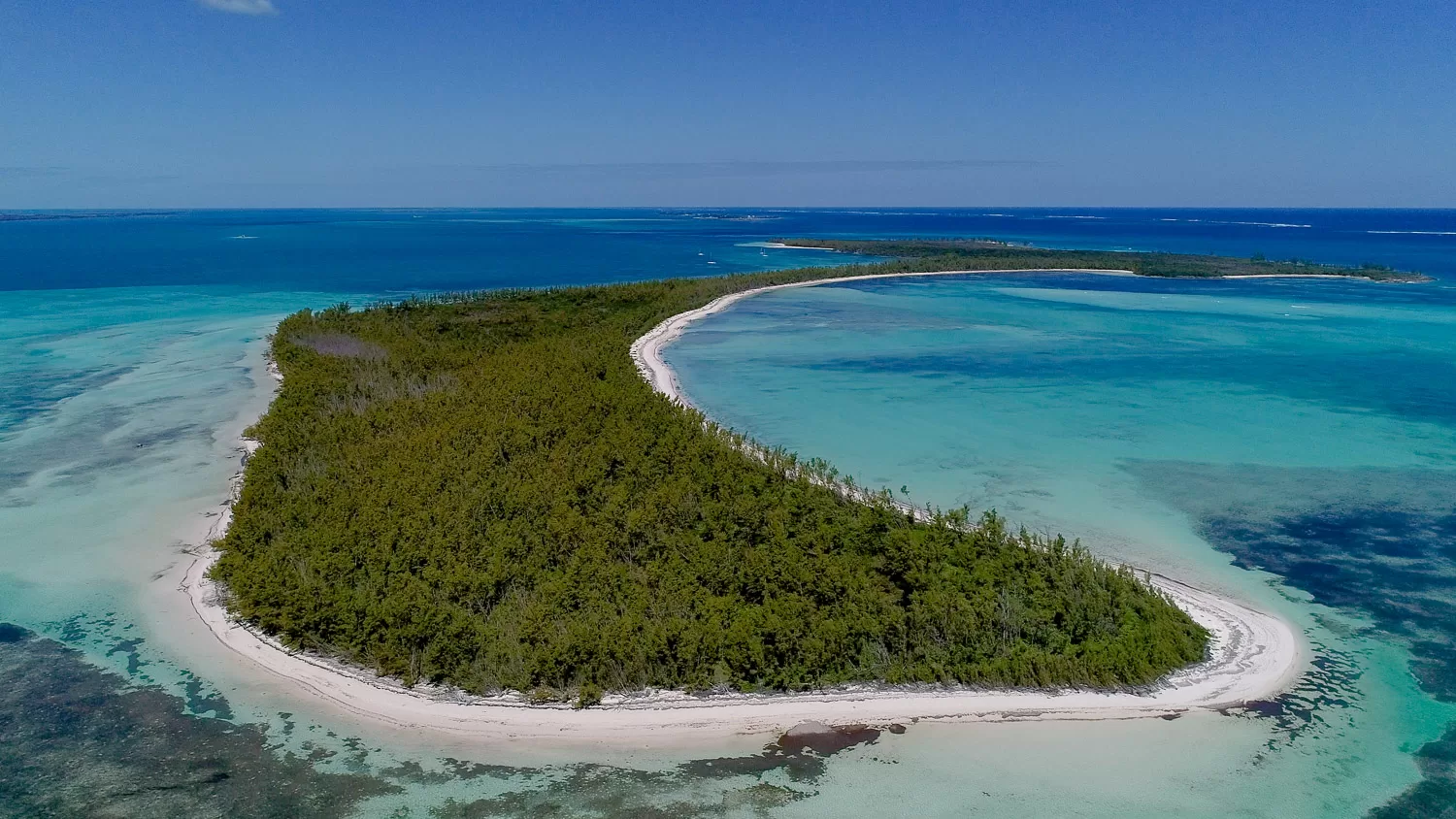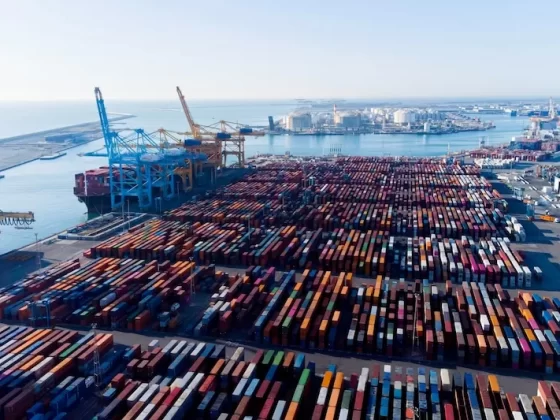From Chile’s blackout to Ukraine’s mineral deal, policy shifts and economic trends are reshaping the world. Meanwhile, India’s wealth gap and Europe’s rail expansion signal changing consumer and travel patterns. Here’s what’s making headlines this week.

Power Crisis
A massive power outage this week left 19 million Chileans without electricity, affecting regions from Arica to Los Lagos. The blackout, starting at 3:15 PM local time, was caused by a transmission failure in Norte Chico. In response, President Gabriel Boric declared a state of emergency and imposed a 10 PM–6 AM curfew in the hardest-hit areas. The outage disrupted transportation, business operations, and emergency services. While power was restored within hours, the incident has raised concerns about Chile’s energy infrastructure and its long-term resilience.
For travelers and expatriates in Chile, the blackout posed significant challenges. The suspension of public transportation, including the Santiago metro, made mobility difficult, while business closures had limited access to essential services. The curfew restricted nighttime movement, requiring adjustments to travel plans.
Read more like this: Great Reasons to Move to Chile

Strategic Minerals
The U.S. and Ukraine have drafted an agreement granting the U.S. access to Ukraine’s critical minerals—lithium, titanium, and rare earth elements—to fund post-war reconstruction. Ukraine will allocate 50% of resource revenue to a Reconstruction Fund until it reaches $500 billion. While the U.S. supports Ukraine’s economic stability, the pact excludes security guarantees or military aid commitments.
The deal has sparked global debate. European allies worry about potential U.S.-Russia concessions, while Moscow opposes any NATO involvement. For global markets and supply chains, this agreement could impact mineral prices, energy security, and economic stability, with ripple effects on industries reliant on these critical resources.

Widening Wealth Divide
A new report highlights that while India has 1.4 billion people, only 130-140 million belong to the true consuming class—comparable to Mexico—while the wealthy are getting richer without a significant rise in numbers. This has fueled a trend of “premiumisation,” where brands focus on high-end products rather than mass-market goods. Sales of luxury homes, premium smartphones, and high-priced experiences are booming, while budget alternatives struggle.
As economic power concentrates at the top, India’s urban landscape is transforming to cater to affluent consumers. High-end shopping districts in Mumbai, Delhi, and Bangalore are seeing a surge in international luxury brands, while exclusive members-only clubs and gourmet dining experiences are reshaping social spaces. Real estate developers are focusing on ultra-luxury gated communities, complete with private cinemas, concierge services, and smart-home technology.

Rail Revolution
A new rail service, the Baltic Express, is enhancing travel across Central and Eastern Europe with a hop-on, hop-off model connecting major cities. Recently launched, the service links Prague, Wrocław, Poznań, Gdańsk, and Gdynia, offering an affordable and eco-friendly alternative to air travel. Ticket prices start at CZK 400 ($17) for shorter routes, while trips to the Baltic coast begin at CZK 750 ($32). The service runs four daily round trips, with the full Prague-to-Gdańsk journey taking approximately 8.5 hours.
This initiative is part of a broader push for improved regional rail connectivity. Since January 2025, coordinated train schedules among the Baltic states—Estonia, Latvia, and Lithuania—now allow passengers to travel between Tallinn, Riga, and Vilnius in a single day. A unified ticketing system is also in development to further streamline cross-border rail travel. With onboard Wi-Fi, dining options, and bike-friendly carriages, the Baltic Express aims to boost sustainable tourism and provide travelers with a flexible, cost-effective way to explore the region.

Citizenship Clash
A Canadian petition to revoke Elon Musk’s citizenship has gained over 200,000 signatures, citing his ties to Donald Trump and alleged threats to Canadian sovereignty. Musk, who obtained citizenship through his Canadian-born mother, is accused of supporting policies detrimental to the country.
Despite public outcry, legal experts say revocation is unlikely. Canadian law only allows citizenship stripping for fraud or misrepresentation, not political affiliations. While the petition reflects growing discontent, Musk’s citizenship remains secure.
Read more like this: Global Roundup: Migration Battles, Travel Costs, and Expats in Flux

Stay ahead with the latest global news and trends. Subscribe now for in-depth analysis and real-time updates!









